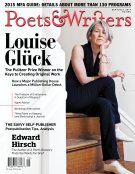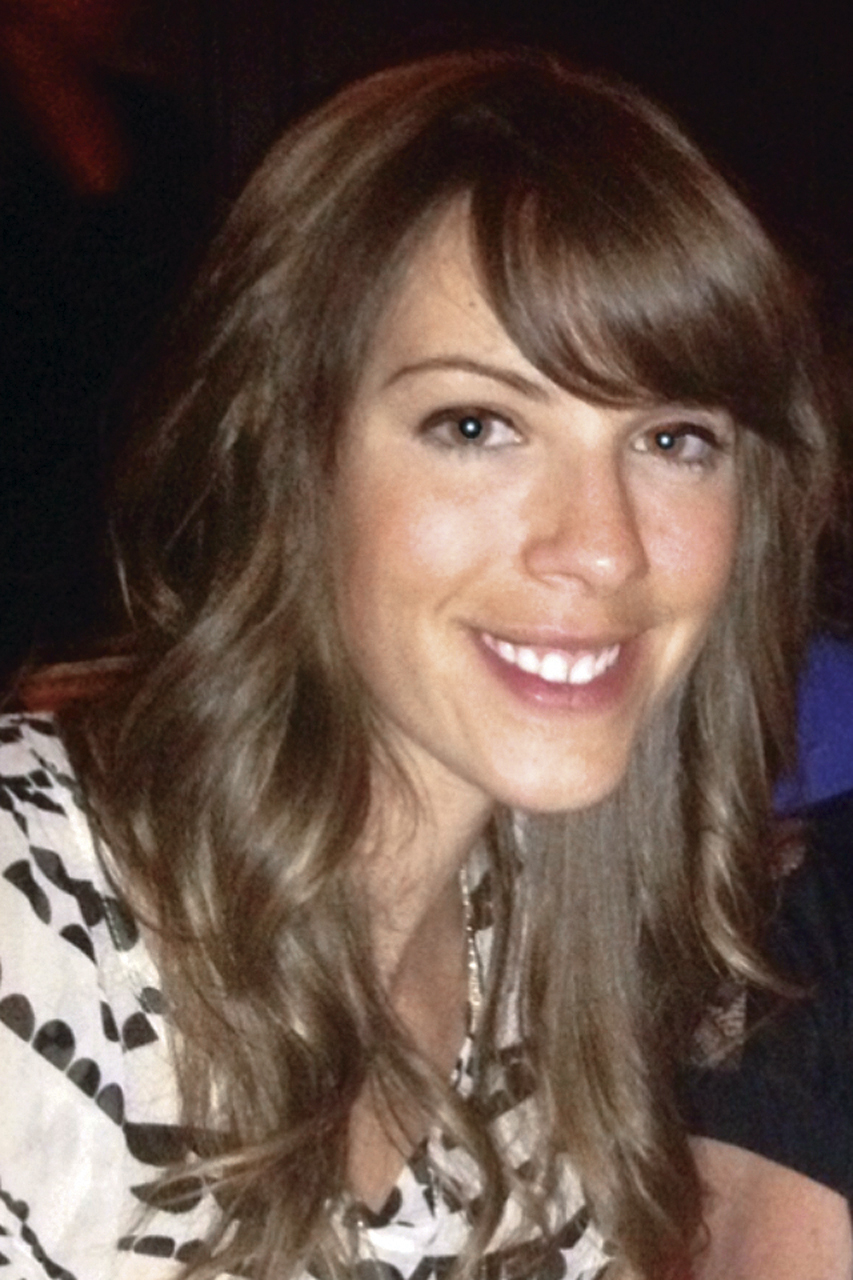An Editor’s Take
Paul Dinas, formerly a senior acquisitions editor with over thirty years of experience at trade publishers, is now an independent editor working with both fiction and nonfiction authors.
The narrative is quite polished and the characters strongly realized, but it is a general fiction title by a first-time author. I’m not surprised that the book was rejected…and he decided to self-publish, as so many authors do.
I do have some criticisms to offer. In my opinion, the cover misrepresents the book. It makes it look like a thriller or horror novel, not a quiet, serious, first novel about self-discovery, first love, and creativity. It needed more of an evocative, artsy cover. I have the same concern with the title. Despite the fact that the town in the title is real and the hope it conveys seems to reflect some of the themes in the book, I think the title needed to be more emotional.
The back-cover copy is not very informative and doesn’t give a clear sense of what the book is about. The description should have provided more details about the story line. The text design and introduction of the photos linked to the novel within the novel are suited to the story and well done, although I would have advised against including photos. I’m not sure they add much, especially since they are grainy. The chapter titles might have benefited from a bit more creative design as well.
I think the book might be priced a bit high for today’s market, in both e-book and print versions, but that could be a function of Amazon’s policies. Cheaper is always better these days. The author seems to have done all the right things in terms of promotion: Goodreads, soliciting blurbs, garnering forty solid customer reviews on Amazon.
All in all, the book itself is a great example of the viability of producing a high-quality product through self-publishing. Whether it has found the audience it deserves is the key point here.
A Publicist’s Perspective
Corinne Liccketto is the director of business development and a publicist with Cherry Hill, New Jersey–based Smith Publicity; she has worked with both self-published and traditional authors.
Novels in general can be a bit harder to promote, especially when focusing on traditional media. At Smith Publicity, we often use creative ways to position placements.
One tactic that frequently works is to forget about the book and hone in on the real-life connections that will enable media to see the bigger impact of a story. Focusing on societal themes explored in the novel, the author’s personal or professional connection to the plot, or a character, and even having an author elaborate on a particular concept in the novel with an article or opinion piece are some ways in which we try to garner attention for novelists and works of fiction within the traditional media realm.
For instance, in Phoenixville Rising, Cadigan explores the life and culture of an industrial town. Through research, he could have identified industrial towns across the country and created a specific pitch plan to connect with media in those markets. By identifying and exploring the real-life themes he wrote about, he could target audiences where the book/story most applies and build up from there.
We also find there is a lot of power in the blogging community and through online book reviewers for building awareness about novels. With the limitless space of the online review community, authors can identify and pitch to bloggers and reviewers who cover very specific areas of fiction, far beyond general fiction.
Sending out only one press release on publication, as this author did, may be the reason there was limited media coverage for Phoenixville Rising. We send out different pitches about the same book to our contacts. We will reach out to a book-review editor, feature and lifestyle editor, the local news editor, etc.
I’m a little surprised that Cadigan wasn’t able to get more local press coverage. I know this area of Pennsylvania because I went to college nearby. I think he could have reached further into the Philadelphia area—and even to Pittsburgh, which is an industrial town.
We encourage people to publish earlier in the year in order to allow for a longer window in which to promote the book. With fiction it’s all about feedback, so you need to work to have your book available.
Advance review copies aren’t necessary, but you can use NetGalley prior to publication for online reviewers, and you can use social media early on to build an audience for the announcement of the publication, which can have a big impact when the book is available.
Social media is very important, but it can be overwhelming for an author who isn’t already comfortable using it. You can’t easily outsource social media, because online discussions about the book are best when they’re in the author’s voice.
I tell authors to identify their target market and then start using whatever platform is most closely associated with the target market. You can spend your time and become skilled at using Twitter or another network, rather than trying to keep up with all the online platforms.
Debra W. Englander is a New York–based freelance editor and writer. She managed a business-book program at John Wiley & Sons for nearly seventeen years and previously worked at Money Magazine and Book-of-the-Month Club. She has written about business and books for numerous publications, including USA Today, Good Housekeeping, and Publishers Weekly.










